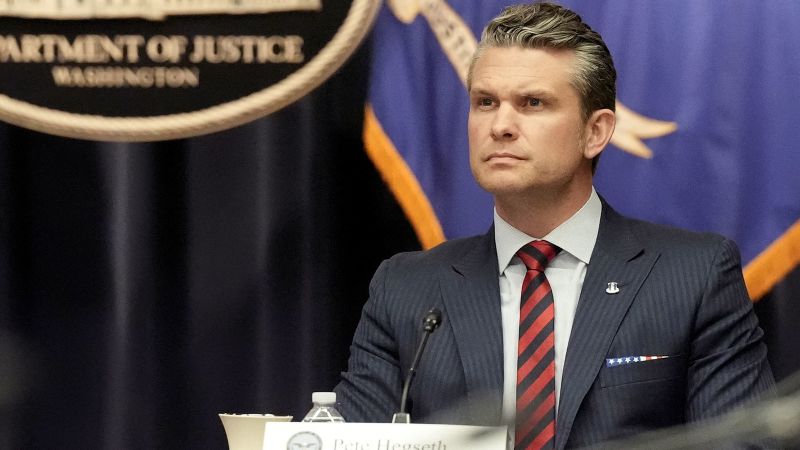Chaos at Pentagon: Trump Stands by Hegseth Despite Staff Turmoil

Defense Secretary Pete Hegseth took a bold step Tuesday morning, returning to his former television network to directly address the growing controversy surrounding his recent communication missteps. In a defiant move, Hegseth appeared on the network where he previously worked as a host, seeking to manage the fallout from newly revealed details about his private messaging habits.
The latest revelation centers on a second Signal group chat, this time involving his wife and brother, which has raised additional questions about his communication practices. By choosing to confront the issue head-on through a platform familiar to him, Hegseth appears to be attempting to control the narrative and provide his perspective on the unfolding situation.
His appearance comes amid mounting scrutiny over his handling of sensitive military information in private messaging platforms, signaling a proactive approach to managing the emerging controversy. The Defense Secretary seems determined to address the concerns directly and transparently, using his media experience to navigate the challenging communications landscape.
